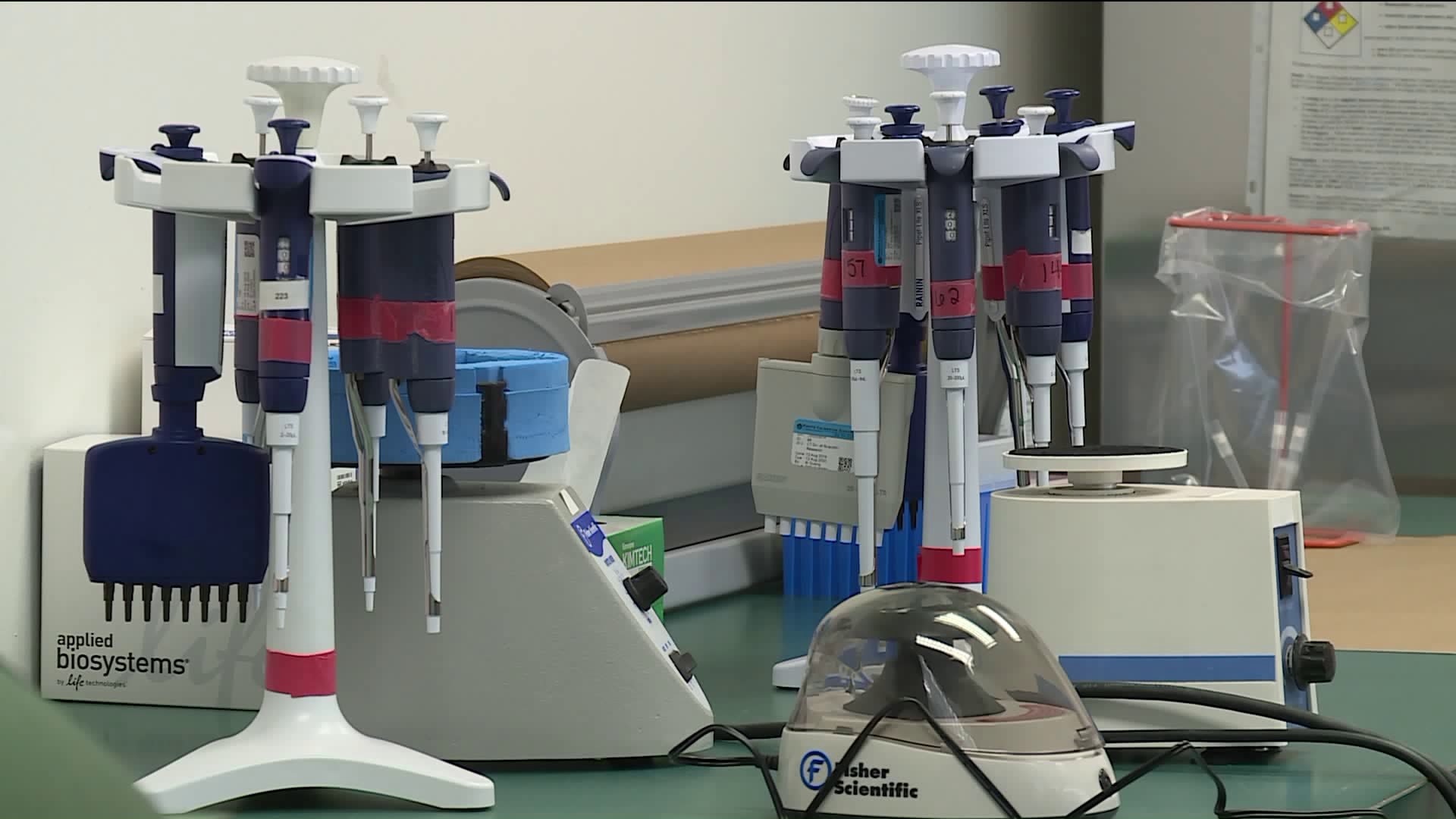MERIDEN -- Seeking a conviction, prosecutors have already started building their case against Fotis Dulos. They are armed with newly discovered DNA evidence. But the big question is, is it enough?
Dr. Henry Lee is a Forensics Professor at the University of New Haven. He assisted in high-profile cases including the murder of Jon Benet Ramsey and the reinvestigation of the Kennedy assassination.
“We help with other national and international cases where the body was never found but subsequently the body surfaced. And some of the cases the body was never found,” explained Lee. Dr. Lee said just because there’s no body now, doesn’t mean one won’t be found. “To completely destroy a body is almost impossible,” said Lee.
Dr. Lee told FOX61 the blood loss and the list of DNA evidence could be key to proving Jennifer Dulos is not alive. He said, “More likely she suffered one or multiple injuries. Because the amount of blood which was found an individual cannot survive. That shows a murder taking place.”
But proving Jennifer is dead, doesn’t prove Fotis did it. Scientists at the State Forensics Laboratory don’t have an agenda.
“We are not here to determine guilt or innocence,” said lab Director Dr. Guy Vallaro. But their analysis is a crucial piece of the overall criminal justice process.
“The information we provided to the criminal justice system is essential for the determination of cases,” said Dr. Vallaro.
FOX61 got an inside look as scientists screened evidence for biological analysis.
“Anything from the body has the most amount of DNA,” said lab Assistant Director Cheryl Carreiro.
About 100 staff members work around the clock to analyze upwards of 7,000 cases each year translating to about 20,000 items of evidence.
“That gets saved in freezer storage and then the main evidence that forensic biology examines goes back to the submitting agency,” explained Carreiro.
Lab staff was not at liberty to discuss the Dulos case. But it is where the evidence was processed.
Once dropped off by then investigating agency it gets digitally cataloged. A case manager will get the evidence in front of a biologist, who screens it and puts it in a tube for testing. Then the DNA gets extracted.
“We purify it and we put it into a liquid form called a DNA extract,” said Carreiro. Next is amplification. “We’re making millions of copies like you would make a copy and a xerox,” she said. Finally, it gets put into a genetic analyzer for a DNA profile.
“Which is basically a series of numbers that is unique to an individual," said Carreiro.
We just learned Wednesday from Norm Pattis that investigators seized an ax from the garage of Fotis Dulos. That will now be analyzed at the crime lab.
The director told me typically, turnaround time for results is about a week to a week and a half, but they can expedite items for high-profile or public safety reasons into just over a day.

